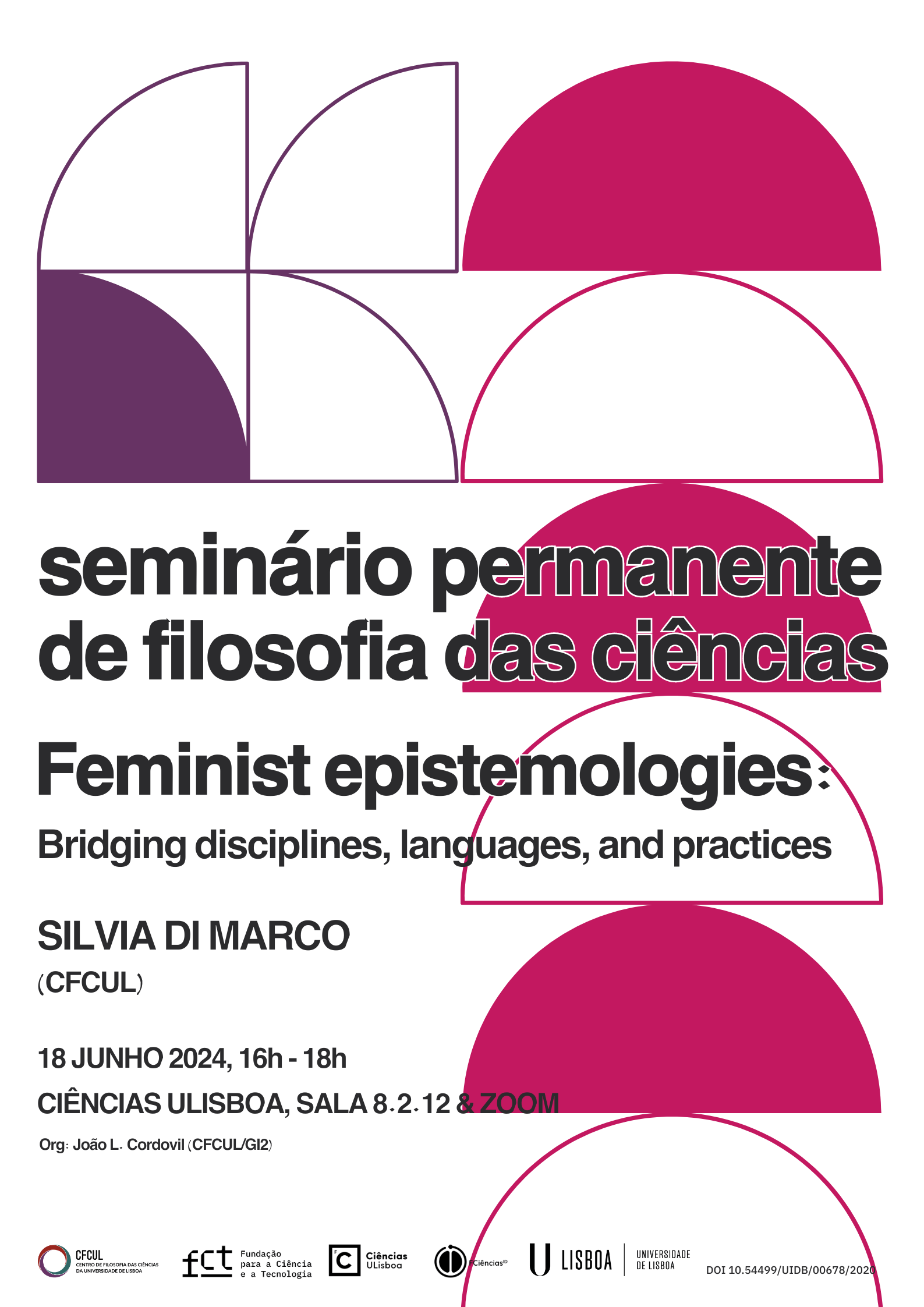
Abstract
The field of ‘Feminist epistemologies’ hosts a vast array of authors, disciplines, languages, and practices. In Philosophy of Science ‘epistemology’ is broadly understood as the theory of scientific knowledge, and what count as ‘science’ is the (social) activity carried out by scientists in scientific institutions. Within these boundaries, a mapping of feminist epistemologies is relatively easy, and was systematized by Sandra Harding already in 1986. Harding identified three main frameworks: Feminist standpoint theory, Feminist empiricism, and Feminist postmodernism. The boundaries between these theoretical frameworks have blurred over time, and feminist philosophers of science have been permeable to wider feminist theories such as Black Feminism, Intersectionality and Decolonial Feminism.
This is a testament to the richness and range of Feminist Epistemologies as a general theory of knowledge and action, not limited to the scientific domain. Within feminist and gender studies “epistemology” has a broad meaning. To mention just a few examples, it covers feminist theories in general, the practices of knowledge production within feminist and women’s movements (Falquet 2022, Gago 2019), the methodological self-reflection on feminist research and action (Blazquez Graf & Castañeda Salgado 2016), general philosophical-political systems (the Jineologî of the Kurdish Women’s Liberation Movement).
In this talk I adopt an interdisciplinary approach to sketch a provisional map of the different strands of feminist epistemology in contemporary literature, to subsequently explore how it relates to feminist philosophy of science and analyze which problems it raises for general philosophy of science.
Informações
O seminário será realizado presencialmente, na sala 8.2.12, mas será possível assistir também em videoconferência, via Zoom.
Link Zoom
https://videoconf-colibri.zoom.us/j/93066707987?pwd=oc97TX7lqJvV9uj2V83LabSaE7uUy6.1
Password: 604411
Sala 8.2.12
Faculdade de Ciências da Universidade de Lisboa
Edifício C8, Piso 2
Campo Grande, Lisboa
Contacto
cfculcomunica@fc.ul.pt